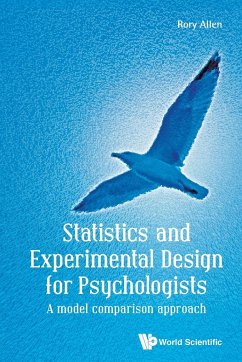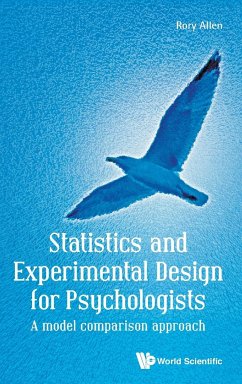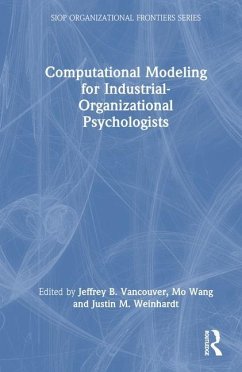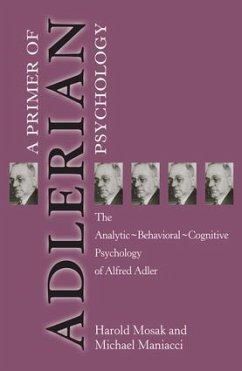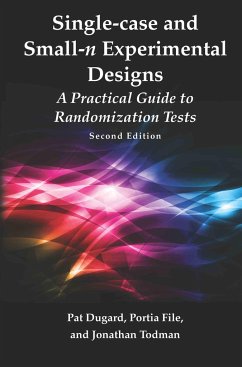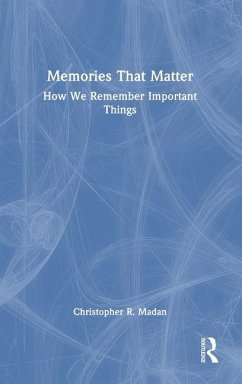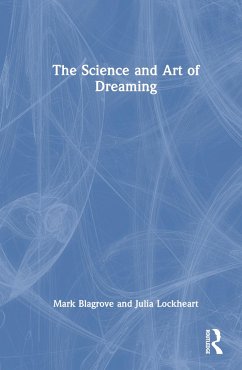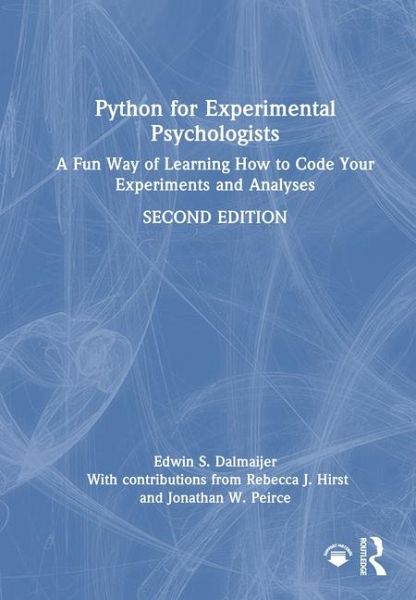
Python for Experimental Psychologists
A Fun Way of Learning How to Code Your Experiments and Analyses
Versandkostenfrei!
Versandfertig in 1-2 Wochen
169,99 €
inkl. MwSt.
Weitere Ausgaben:

PAYBACK Punkte
85 °P sammeln!
Python for Experimental Psychologists equips researchers who have no prior programming experience with the essential knowledge to independently script experiments and analyses in the programming language Python. It offers an excellent introduction, whether you are an undergraduate, a PhD candidate or an established researcher.




